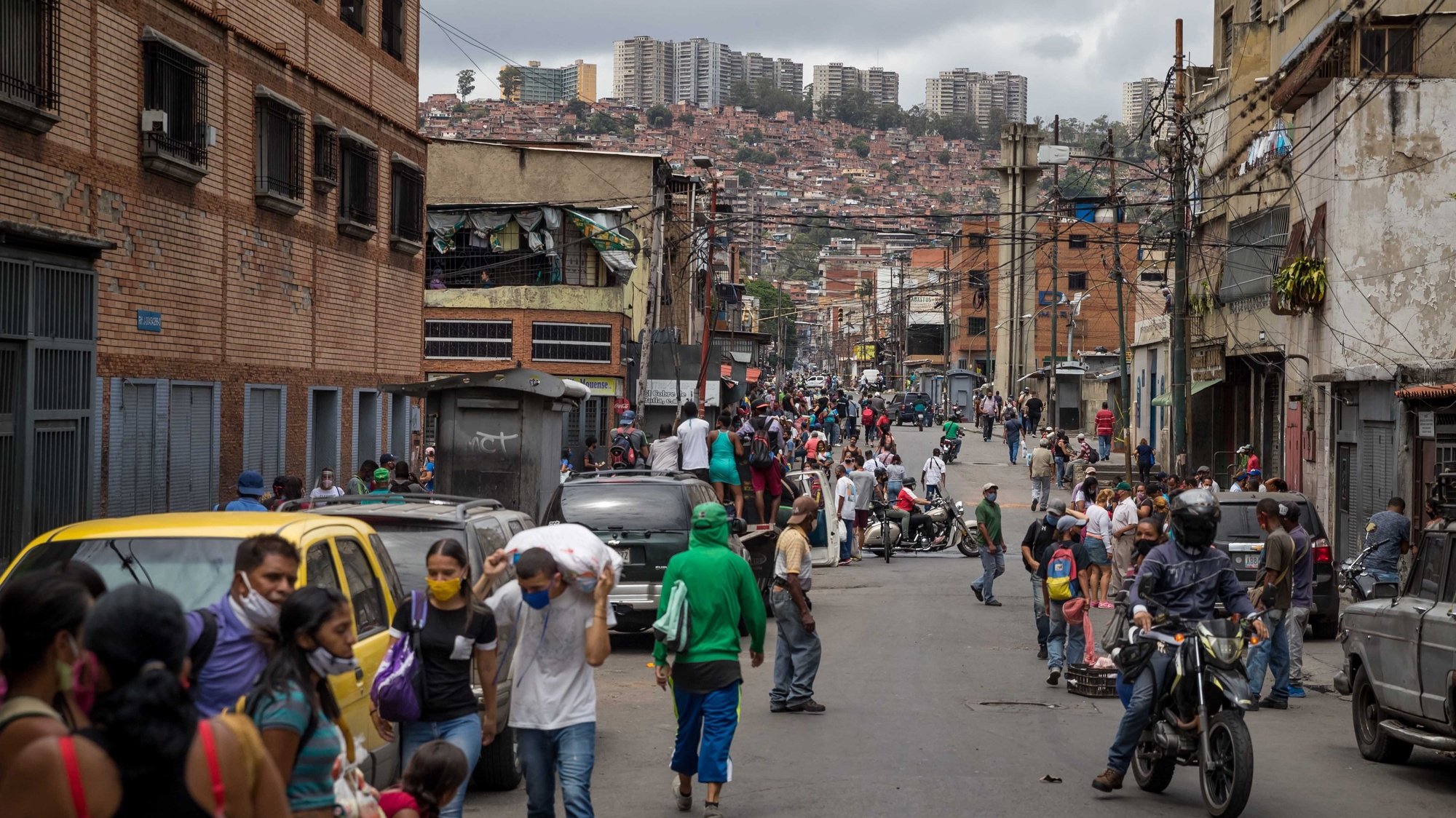The Portuguese-language weekly Correio da Venezuela inaugurated a traveling exhibition on the memories of the first trips that Portuguese emigrated to Caracas, between the 1950s and 1970s, its director told Lusa.
We have a lot of emigration material that people are donating and we decided to tell the story of the first emigration trips, to describe the boats. It is very important to show the little ones what their parents and grandparents have experienced”, said Aleixo Vieira.
The exhibition “As Primeiras Viagens” contains a miniature of the Santa Maria ship and more than a dozen photographs of other ships flying the flag of Italy, Spain, Holland, France and Portugal, which transported thousands of Europeans to Venezuela.
It also shows information panels with travel stories, the mannequin of a Portuguese postman, CTT postcards and dozens of suitcases and faces of Portuguese emigrants, and also tells the story of the Portuguese consulates in Venezuela.
the exposure is patent to the public at the Consulate General of Portugal in Caracas and it has an itinerant nature, with exhibitions already scheduled at the Portuguese Consulate in Valencia and later in the state of Vargas, having to travel to all the states of Venezuela.
Emigration was a very different process from today, where people get on a plane in the morning and arrive in another country at night or the next day. It was a trip that sometimes lasted two or three months”, explained Aleixo Vieira.
This process, he said, involved “a lot of anguish that the families experienced because they wanted to know if they arrived safely, where they were” and “hence the importance of the postman, who was the one who brought this information to the people.”
The suitcases were the essential travel companion. No one left without a suitcase, carrying a letter [para alguém]a family photograph, mainly Catholic relics, including images of Our Lady and some saints, which mothers put in their bags, often hidden, to protect their children,” he reported.
According to Aleixo Vieira, “many suitcases arrived empty, but full of dreamseager to succeed and be able to return with a suitcase full of money, which symbolized wealth and progress”, but, nevertheless, over time “family, values and health prevailed”.
The director of Correia de Venezuela thanked the Consul General Licínio Bingre do Amaral for his “full collaboration” and insisted that “talking is not enough, young people have many novelties that accompany technology, we have to reflect a little.”
His daughter, Teresa Vieira, participated in the preparation and assembly of the exhibition, with the aim of “understanding” and “feeling” how things were in the past.
“My father already collected information, but I had to understand it, and one thing is to understand it with the head and another with the heart, to feel things as if they were mine. For months I was wondering what Venezuela was like before, where they were going, what the ships were like, ”he explained to the Lusa agency.
The postman, he said, touched him “very much in the heart, because people were desperate to meet, and he made it possible for them to be in contact.”
Many do not remember the captain of the ship that made it possible to emigrate, but there are many memories of the postman”, he commented.
“The postman had to be loved like my mother, because through him my mother felt a hug or a kiss from me. I was very sensitive to the postman and the emotions that he generated, the great responsibility that he had,” she said.
Teresa Vieira vented that she still imagined the conditions in which the emigrants brought each of the bags, their weight, some carrying souvenirs, others clothing and Madeira soccer stamps.
The essence of people is in this exhibition. It was not a single human being who made history, there were many who had that courage,” he stressed, insisting that it is important that the descendants of Luso reflect and take an interest, that they understand that “today, with technology, with the press With a button it is possible to call, listen and see the father and the mother”, but it was not always like that.
“Emigrating is not just going to another country,” considered the descendant of Portuguese, who has already emigrated to the United States and Spain.
Source: Observadora
